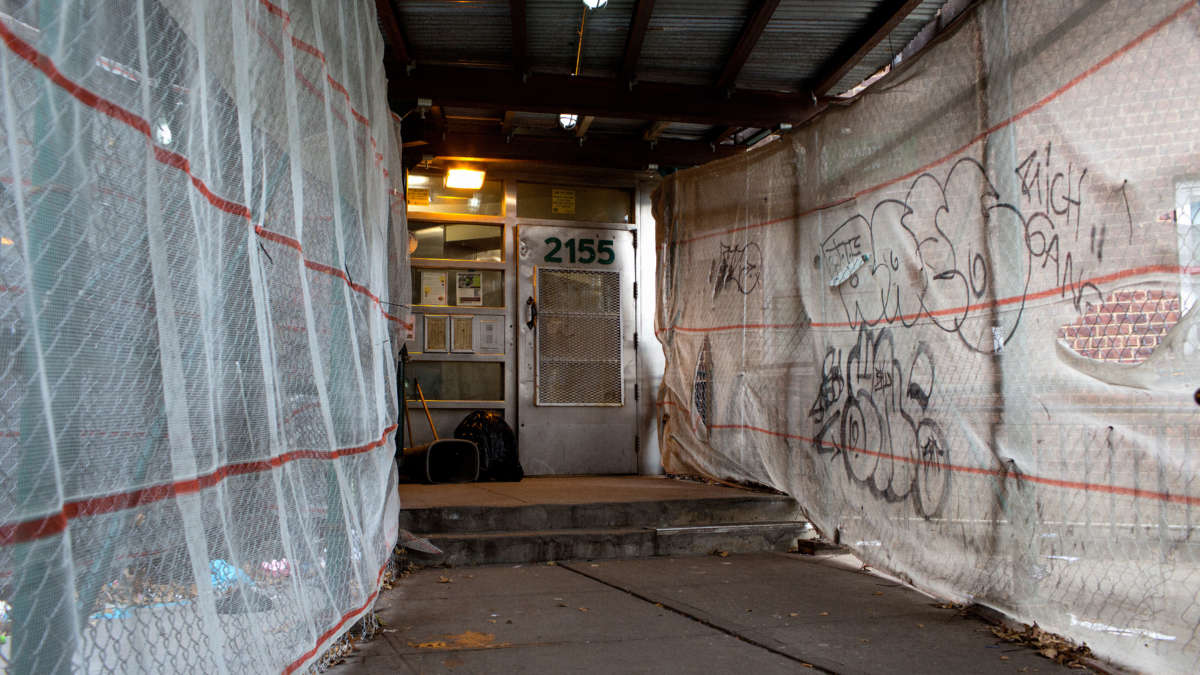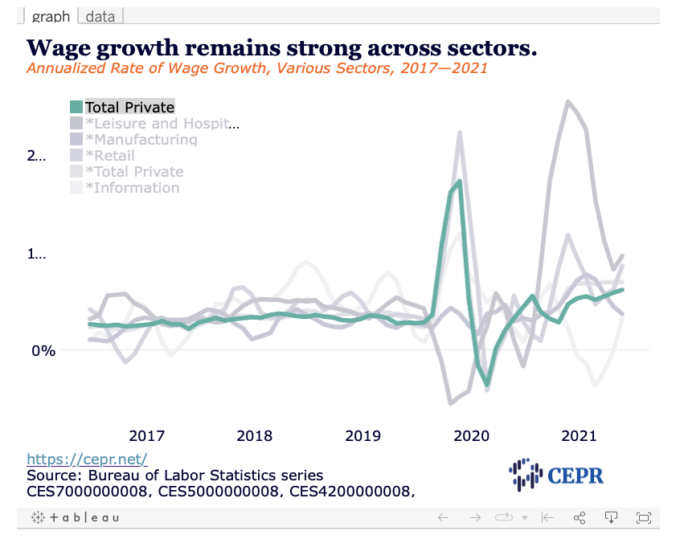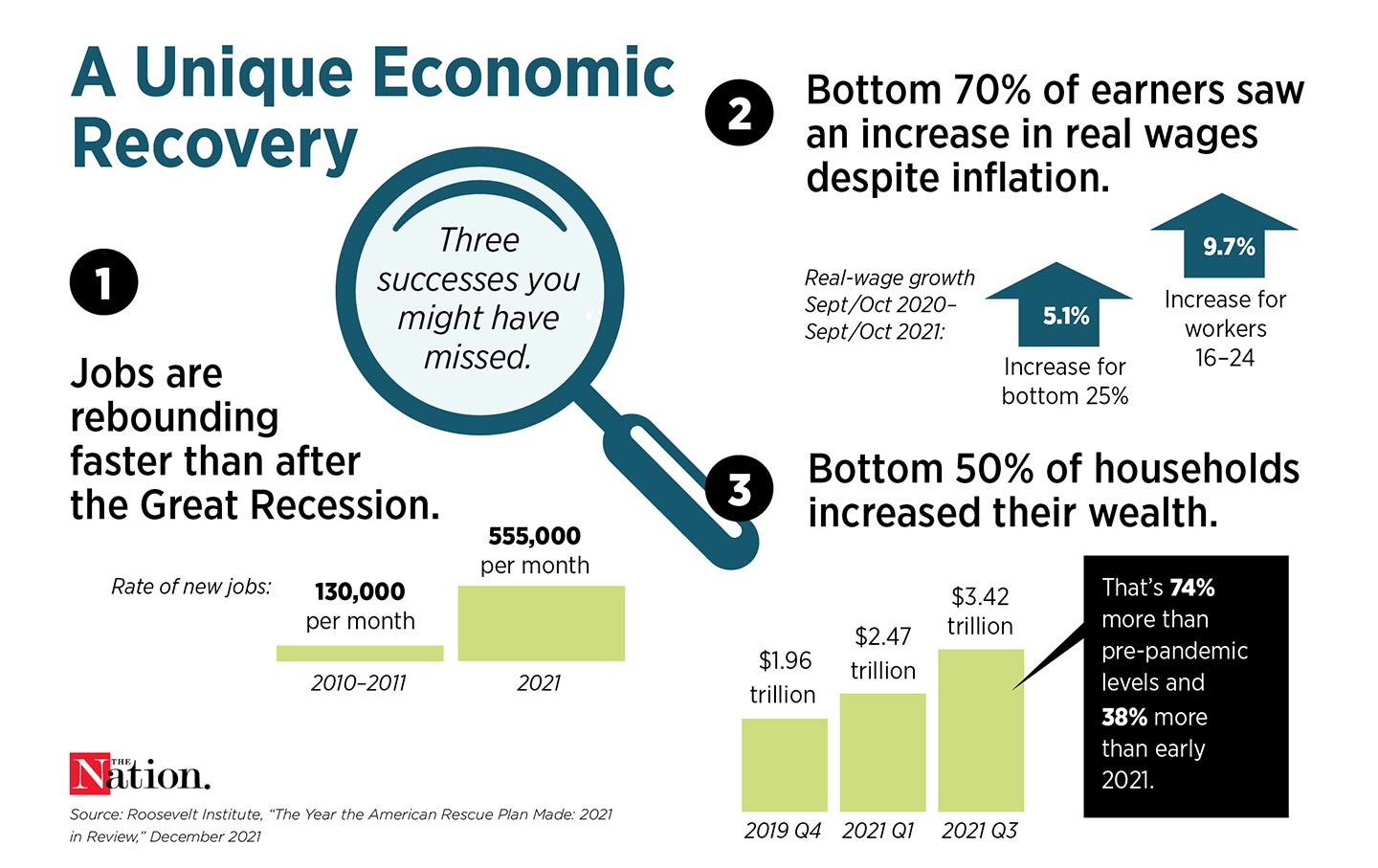● NEWS ● #ProPublica #Finance ☞ They Promised Quick and Easy PPP Loans. Often, They Only Delivered Hassle and Heartache. https://www.propublica.org/article/they-promised-quick-and-easy-ppp-loans-often-they-only-delivered-hassle-and-heartache
#finance
● NEWS ● #CommonDreams #Finance ☞ #Ossoff Unveils Bill to Ban Stock Trading by Lawmakers, Immediate Family https://www.commondreams.org/news/2022/01/13/ossoff-unveils-bill-ban-stock-trading-lawmakers-immediate-family
● NEWS ● #TruthOut #Finance ☞ Chronic Underfunding of Public Housing Is Putting 1.2 Million Families at Risk https://truthout.org/articles/chronic-underfunding-of-public-housing-is-putting-1-2-million-families-at-risk/
crypto: does mining monero pay off? - maybe better of boinc
the whole project started, because a lemon tree needed some heating in the winter.
currently: no, at the current monero price (1 XMR = $219.26) @ (0.3€ per 1kWh) ratio, it is a loss and thus: pure activism
- what is good:
- it is open source: https://github.com/monero-project/monero
- it aims to be 100% anonymous crypto payment system
- activism: might be somewhat legitimate, but only @ 100% renewables
- as mankind is in desperate need for more innovative forms of finance based cooperation system that “make sense” in the terms of “create jobs innovation and sustainable products for a sustainable survival of mankind” (cause that should be what it’s all about)
- so if monero turns out to be a good thing for mankind or not
- it is recommended to mine with 100% renewabele energy only (only mine when the sun is up and the wind is blowing and the user can not store the energy): don’t do it.
here are the numbers:
here are the numbers.
monero’s RandomX is optimized (on purpose) for CPU to avoid ASIC mining monopolies taking over/dominating the whole project (foster democracy, more distributed mining as it has happened with other crypto projects).
let’s assume a Intel(R) Xeon(R) CPU E3-1270 V2 @ 3.50GHz is xmrig mining at 1000H/s using 300W.
That translates into 0.3kWh * 24h = 7.2kWh @ the user’s ower costs of 0.3€ per 1kWh: 7.2 kWh * 0.3€ = 2.16€ per day.
generated/mined 0.000137068369 XMR in 24h which translates into
1 XMR = $219.26
219.26/(1/0.000137068369) = $0.03005 ~ 0.03€
that’s a loss of: 2.16€ – 0.03€ = -2.13€ per daily, -15€ per week.
(this calculator (red numbers = bad) confirm that current calculation)
in the future: who knows. depends on availability of cheap renewable (!) energy and the monero price or the inflation of $ and € (the last one being pretty certain).
what is being calculated?
“Bitcoin production is estimated to generate between 22 and 22.9 million metric tons of carbon dioxide emissions a year” (reuters in 2021)
(comparison: netherlands in 2020 138t CO2, so bitcoin alone produces as much CO2 as 6% of the netherlands)
massive calulation powers are thrown at crypto and AI deep learning.
unfortunately most countries are not on 100% renewables, so a lot of CO2 is generated in that process (please check the energy mix of your country)
Why can all this block mining/generating not do something usefull… like train AI how to cure cancer… or calculate possible solutions for complicated problems… or try to predict the shape of an asteroid according to very low quality images https://asteroidsathome.net/ every asteroid = one token? #AsteroidCoin?
unfortunately the only “free energy” is in other user’s devices, which is frankly bad bad bad because it is producing CO2: https://www.zdnet.com/article/free-money-cyber-criminals-are-installing-cryptojacking-malware-on-unpatched-microsoft-exchange-servers/
alternatives to heat up cpus: boinc @ milkyway@home
setup boinc for debian
We recommend installing the BOINC client directly from the Ubuntu/Debian repositories.
- In a terminal window, run the following command:
sudo apt install boinc-client boinc-manager
Set the BOINC client to automatically start after you restart your computer:
sudo systemctl enable boinc-client
Start the BOINC client:
sudo systemctl start boinc-client
Allow group access to client access file:
sudo chmod g+r /var/lib/boinc-client/gui_rpc_auth.cfg
Add your Linux user to the BOINC group to allow the BOINC Manager to communicate with the BOINC client:
sudo usermod -a -G boinc $USER
Allow your terminal to pick up the privileges of the new group:
exec su $USER
In the same terminal window, start the BOINC Manager:
boincmgr -d /var/lib/boinc-client
- When BOINC Manager opens, select World Community Grid from the list of BOINC projects then enter your World Community Grid username and password.
- When these steps are completed, you should see a screen to confirm that you’ve been successfully signed up to World Community Grid.
creditz: https://www.worldcommunitygrid.org/download/debian
how to start stop boinc client:
# start BOINC client, running as a system daemon
/etc/init.d/boinc-client start
# stop the BOINC daemon
/etc/init.d/boinc-client stop
# stop and start the BOINC daemon
/etc/init.d/boinc-client restart
# report on status of the daemon (is it running or not?)
/etc/init.d/boinc-client status
Links:
so heise: “when it pays to mine monero” currently it does not and produce too much CO2: https://www.heise.de/ratgeber/Mining-Guide-zum-Geldverdienen-per-Prozessor-Wann-sich-Monero-Schuerfen-lohnt-5991303.html
#linux #gnu #gnulinux #opensource #administration #sysops #crypto #monero #co2 #climatechange #cryptocurrencies #finance #boinc #berkely #milkyway
Originally posted at: https://dwaves.de/2022/01/14/crypto-does-mining-monero-pay-off-maybe-better-of-boinc/
crypto: does mining monero pay off?
the whole project started, because a lemon tree needed some heating in the winter.
currently: no, at the current monero price (1 XMR = $219.26) @ (0.3€ per 1kWh) ratio, it is a loss and thus: pure activism
- what is good:
- it is open source: https://github.com/monero-project/monero
- it aims to be 100% anonymous crypto payment system
- activism: might be somewhat legitimate, but only @ 100% renewables
- as mankind is in desperate need for more innovative forms of finance based cooperation system that “make sense” in the terms of “create jobs innovation and sustainable products for a sustainable survival of mankind” (cause that should be what it’s all about)
- so if monero turns out to be a good thing for mankind or not
- it is recommended to mine with 100% renewabele energy only (only mine when the sun is up and the wind is blowing and the user can not store the energy): don’t do it.
here are the numbers:
here are the numbers.
monero’s RandomX is optimized (on purpose) for CPU to avoid ASIC mining monopolies taking over/dominating the whole project (foster democracy, more distributed mining as it has happened with other crypto projects).
let’s assume a Intel(R) Xeon(R) CPU E3-1270 V2 @ 3.50GHz is xmrig mining at 1000H/s using 300W.
That translates into 0.3kWh * 24h = 7.2kWh @ the user’s ower costs of 0.3€ per 1kWh: 7.2 kWh * 0.3€ = 2.16€ per day.
generated/mined 0.000137068369 XMR in 24h which translates into
1 XMR = $219.26
219.26/(1/0.000137068369) = $0.03005 ~ 0.03€
that’s a loss of: 2.16€ – 0.03€ = -2.13€ per daily, -15€ per week.
(this calculator (red numbers = bad) confirm that current calculation)
in the future: who knows. depends on availability of cheap renewable (!) energy and the monero price or the inflation of $ and € (the last one being pretty certain).
what is being calculated?
“Bitcoin production is estimated to generate between 22 and 22.9 million metric tons of carbon dioxide emissions a year” (reuters in 2021)
(comparison: netherlands in 2020 138t CO2, so bitcoin alone produces as much CO2 as 6% of the netherlands)
massive calulation powers are thrown at crypto and AI deep learning.
unfortunately most countries are not on 100% renewables, so a lot of CO2 is generated in that process (please check the energy mix of your country)
Why can all this block mining/generating not do something usefull… like train AI how to cure cancer… or calculate possible solutions for complicated problems… or try to predict the shape of an asteroid according to very low quality images https://asteroidsathome.net/ every asteroid = one token? #AsteroidCoin?
unfortunately the only “free energy” is in other user’s devices, which is frankly bad bad bad because it is producing CO2: https://www.zdnet.com/article/free-money-cyber-criminals-are-installing-cryptojacking-malware-on-unpatched-microsoft-exchange-servers/
Links:
so heise: “when it pays to mine monero” currently it does not and produce too much CO2: https://www.heise.de/ratgeber/Mining-Guide-zum-Geldverdienen-per-Prozessor-Wann-sich-Monero-Schuerfen-lohnt-5991303.html
#linux #gnu #gnulinux #opensource #administration #sysops #crypto #monero #co2 #climatechange #cryptocurrencies #finance
Originally posted at: https://dwaves.de/2022/01/14/crypto-does-mining-monero-pay-off/
3 Likes
1 Shares
● NEWS ● #MattRickard #Finance ☞ Too Cheap to Meter https://matt-rickard.com/too-cheap-to-meter/ "There's something special about when things are so cheap that they're free."
● NEWS ● #HEY #Finance ☞ I won't let you pay me for my open source https://world.hey.com/dhh/i-won-t-let-you-pay-me-for-my-open-source-d7cf4568
● NEWS ● #CommonDreams #Economy #Finance ☞ Opinion | The Fed Is Getting This Economy All Wrong https://www.commondreams.org/views/2022/01/10/fed-getting-economy-all-wrong
● NEWS ● #CounterPunch #Finance ☞ Worshiping Markets, Genuflecting to Grand Fortune https://www.counterpunch.org/2022/01/10/worshiping-markets-genuflecting-to-grand-fortune/
● NEWS ● #CounterPunch #Corporatism #Finance ☞ Think Big to Overcome Losing Big to Corporatism https://www.counterpunch.org/2022/01/10/think-big-to-overcome-losing-big-to-corporatism/
● NEWS ● #CounterPunch #Finance ☞ Knowledge of Build Back Better is Power https://www.counterpunch.org/2022/01/10/knowledge-of-build-back-better-is-power/
● NEWS ● #CounterPunch #Finance ☞ Inside the December Jobs Report: #Unemployment Falls to 3.9 Percent; Wage Growth Remains Strong https://www.counterpunch.org/2022/01/10/inside-the-december-jobs-report-unemployment-falls-to-3-9-percent-wage-growth-remains-strong/
● NEWS ● #YLE #Finland #Finance ☞ Finland's biggest bank reports cyberattack https://yle.fi/news/3-12263457
1 Shares
● NEWS ● #CommonDreams #Finance ☞ 'No Excuse' to Keep Federal Minimum at $7.25, Experts Say as 21 States Hike Wages https://www.commondreams.org/news/2022/01/07/no-excuse-keep-federal-minimum-725-experts-say-21-states-hike-wages
● NEWS ● #Sygnia #Finance ☞ Elephant Beetle: Uncovering an Organized Financial-Theft Operation https://blog.sygnia.co/elephant-beetle-an-organized-financial-theft-operation
● NEWS ● #DavidRosenthal #Finance ☞ Counterpoint on Venture Capital https://blog.dshr.org/2022/01/counterpoint-on-venture-capital.html
One person like that
#refenredum #manifeste #Suisse #suisse #helvétie #rente #vieillesse #femme #fl-janv22 #fl-femmes #femme #féminité #féminin #société-féminine #société #finance #pauvreté - C'est un post pour les suisses-sses ... dans le cas où vous seriez intéressé à ne pas laisser les femmes devenir des crèves misères quand elles auront atteint l'âge de la retraite.
Signer là : referendum

1 Shares
● NEWS ● #TruthOut #Finance ☞ Wealth of US Billionaires Rose $1 Trillion in 2021 as Build Back Better Stalls https://truthout.org/articles/wealth-of-us-billionaires-rose-1-trillion-in-2021-as-build-back-better-stalls/




:quality(70)/cloudfront-eu-central-1.images.arcpublishing.com/liberation/M7BPYURZXZE3PNJHRDFZS2OVBQ.jpg)










